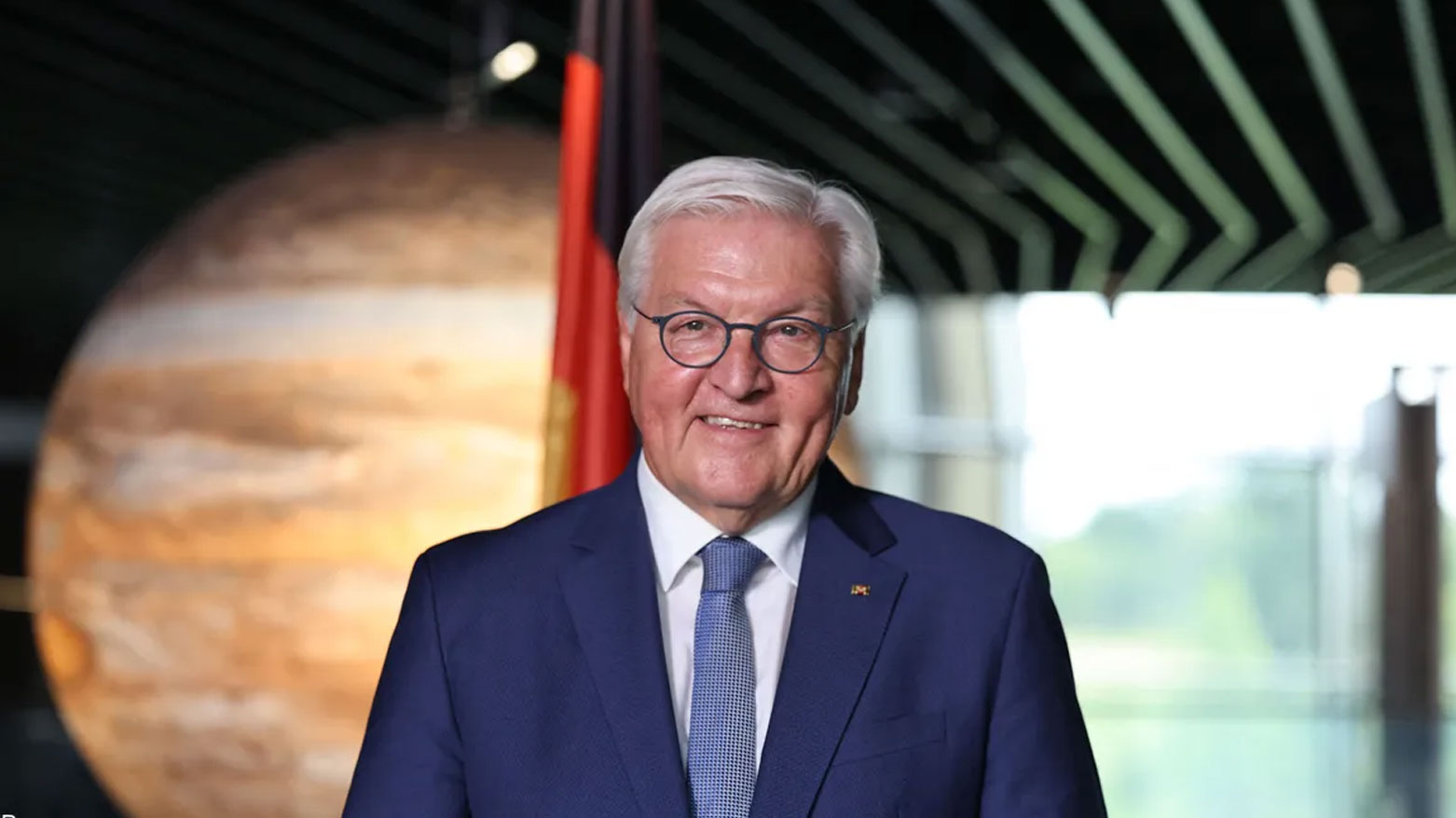German President Clashes with Government Over "Unrealistic" Syrian Deportations
German President Frank-Walter Steinmeier opposed immediate Syrian refugee deportations, emphasizing war survivors' need for protection. This contrasts with Chancellor Merz's stance that Syria's war has ended and deportations should begin.

ERBIL (Kurdistan 24) – German President Frank-Walter Steinmeier on Tuesday firmly opposed the immediate repatriation of Syrian refugees, pushing back against recent calls from Chancellor Friedrich Merz to resume deportations.
Speaking during an official visit to Ghana, Steinmeier emphasized that those who “stand before the ruins of war” deserve compassion and time to recover.
“Anyone who faces the devastation of war, who feels fear and asks aloud whether life is possible amid such destruction, deserves the right to a pause and protection,” he said.
His comments came just days after Foreign Minister Johann Fadevoll visited war-torn Syria, where he acknowledged that the scale of destruction makes the return of large numbers of refugees unrealistic in the near term.
“It is extremely difficult for people to live here with dignity,” Fadevoll said while touring Harasta, a devastated suburb near Damascus.
Steinmeier refrained from commenting directly on government policy but stated that decisions on repatriation “must be made by the federal government,” adding, “I am confident it will make the right decision.”
He noted his own experience visiting crisis zones as foreign minister, saying, “I know this situation,” referring to the widespread devastation in Syria.
The president’s remarks stand in sharp contrast to statements made Monday by Chancellor Merz, who argued that the Syrian civil war is over and that refugees should now begin returning home.
“The war in Syria has ended. There are no longer grounds for asylum in Germany. Therefore, we can begin deportations,” Merz said in a speech in the city of Husum, Schleswig-Holstein.
The debate over refugee repatriation follows Berlin’s September announcement that it intends to negotiate an agreement with Syria to enable the deportation of rejected asylum seekers.
Interior Minister Alexander Dobrindt said the government aims to distinguish between well-integrated Syrians and those without residency rights who depend on state aid.
He told the Rheinische Post that deportations would begin with criminal offenders, followed by other categories of rejected applicants.
While Germany has not carried out deportations to Syria since 2012, the number of voluntary returns has been gradually rising since the fall of Bashar al-Assad’s regime in December 2024.
According to official data, 1,867 Syrians have returned home with government assistance so far this year. Germany currently hosts around 955,000 Syrians, and more than 83,000 were granted citizenship in 2024.
The UN refugee agency (UNHCR) recently confirmed that one million Syrian refugees have gone back to their homeland since the regime’s collapse, describing it as “an extraordinary sign of hope.” However, the agency warned that Syria’s shattered infrastructure, weak economy, and fragile security still pose immense challenges to sustainable return.
As Germany debates the pace and ethics of repatriation, the contrast between Merz’s hardline stance and Steinmeier’s cautious approach underscores the growing political divide within Berlin over how to balance humanitarian obligations with shifting realities inside Syria.